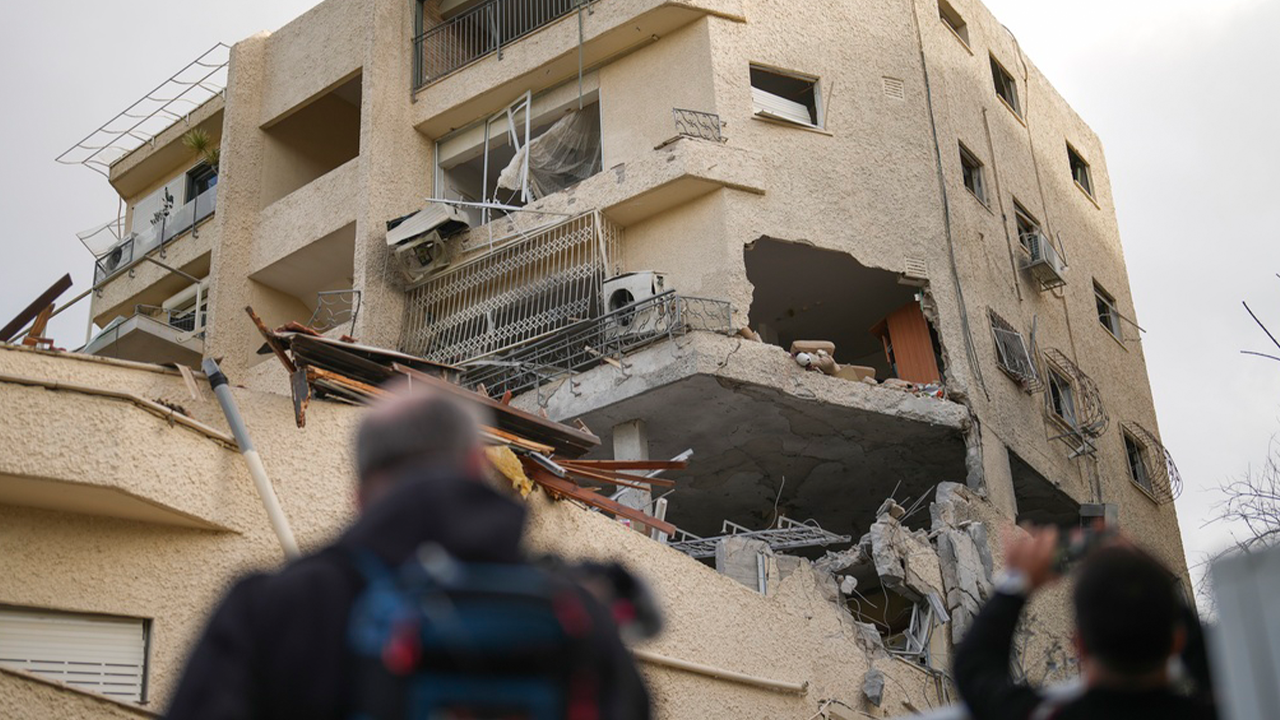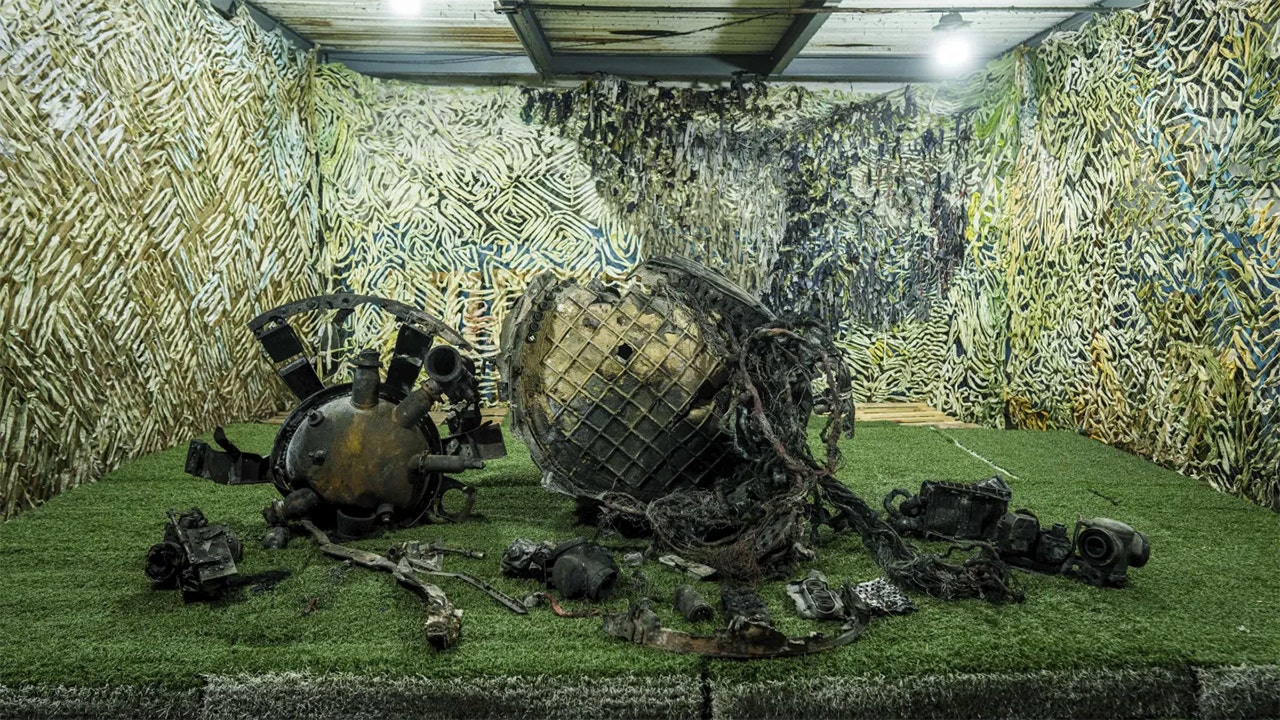Kyiv, Ukraine — Russia is deploying thousands of troops to southeastern Ukraine to secure a vital supply line running from the eastern Donbass region to Crimea, threatened by Ukrainian forces stationed in and around the strategic city of Vuhledar .
The city that sits on the Intersection of the eastern front in Donetsk region and the southern front in Zaporizhia region, is not far from the only railway line connecting the Donbass region with Crimea. That means Ukrainian forces in the region are within striking distance of the railroad tracks, limiting Russia’s ability to move men and equipment between the two fronts and ultimately achieve its stated goal of capturing all of Donbass and the captured territory to protect south.
It also helps explain why curbing Ukraine’s ability to threaten the railroad is crucial for Moscow.
“This can only happen one way – by capturing and occupying Vuhledar, which is simply ‘hanging’ over this railway line,” said Ivan Yakovina, a Ukrainian journalist. By capturing the “seemingly small and not very significant city,” Yakovina said, “Russia would have gained a wide logistical artery along the entire front line and, accordingly, the ability to quickly and massively move troops from one direction to another. ”
In addition to taking over Donbass, Moscow wants to retain control of the land bridge to Crimea, the peninsula Russia has occupied since 2014, and Kiev’s dominance of Vuhledar threatens both goals.
Russian forces only secured the land bridge to Crimea after last year besieging the port city of Mariupol, which lies on the Azov Sea in southern Ukraine and about 100 miles south of Vuhledar.
The importance of Vuhledar has also not escaped the Kremlin, which launched a furious attack to drive Ukrainians out of heavily fortified positions just over a week ago.
Ukrainian officials said they repelled the latest attacks but warned that Russian forces, reinforced by newly mobilized soldiers, were attempting to encircle the city.
“The Russians are not trying to break through the defenses of Vuhledar, but are trying to encircle the city from two sides,” the city’s deputy mayor Maksym Verbovsky told Ukrainian media outlet Suspline on Friday. “They managed to advance to some nearby villages, but the Ukrainian military pushed them back to their previous positions.”
The fighting has left another Ukrainian city in ruins.
Vuhledar “was destroyed,” said Mr. Verbovsky. “One hundred percent of the buildings were damaged. The entire infrastructure.”
Less than 500 civilians and only three children still live in what was a densely populated industrial city with around 15,000 inhabitants until a year ago.
Vuhledar takes its name, which translates to ‘Gift of Coal’, from the mine on the outskirts of town. Consisting of a cluster of high-rise apartment buildings rising from an empty plain, the city’s elevation, openness, and tall buildings give the defenders a distinct advantage.
In November, the Russian Pacific Fleet’s 155th Guards Marines Brigade was charged with leading an attack on Vuhledar, with reportedly disastrous results. Mediazona, an independent Russian media outlet that follows Russians killed in combat, published an interview with a Russian marine who said more than 200 soldiers had been killed in just three days. The reports of the defeat gained so much traction that the Kremlin issued a statement denying the accounts.
Three months after that failed attack, Russian forces tried again to attack Vuhledar head-on but were forced to regroup, according to Ukrainian military on Saturday.
Fighting raged on on the Eastern Front on Saturday, and damage to Ukraine’s infrastructure from Russian attack waves continued to be felt. An accident at a critical power plant damaged by Russian attacks in the southern city of Odessa led to a city-wide blackout with no indication of when power would be restored.
“The situation is complex, the scale of the accident is significant, it is impossible to restore power quickly, especially for critical infrastructure,” Prime Minister Denys Shmyhal said in a statement. He said generators were being driven into the city to try to reconnect critical infrastructure.
Natalia Yermak contributed reporting.





